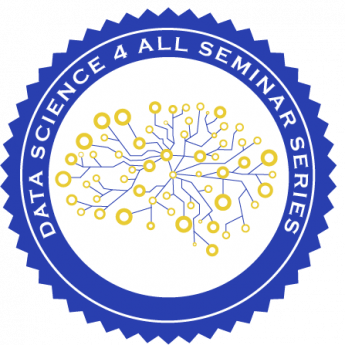Jigsaw Rate Severity of Toxic Comments
The definition of a toxic comment on the Internet is subjective. Each individual may have their own bar set differently. But which comment is truly worse? Can you help determine the ‘severity’ of a comment?
In this competition, Jigsaw returns to the discussions from Wikipedia Talk pages. You will score a set of about fourteen thousand comments. Your scores will be compared to human rankings performed on comment pairs. In this way, the focus is on the severity of comment toxicity — from innocuous to outrageous, where the middle matters as much as the extremes.
Total Prizes: $50,000
Entry Deadline: January 31, 2022
